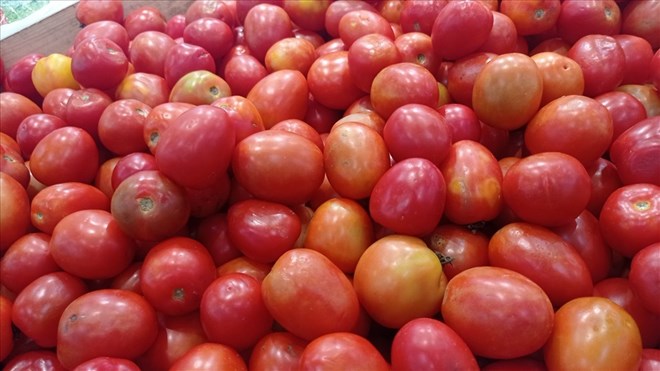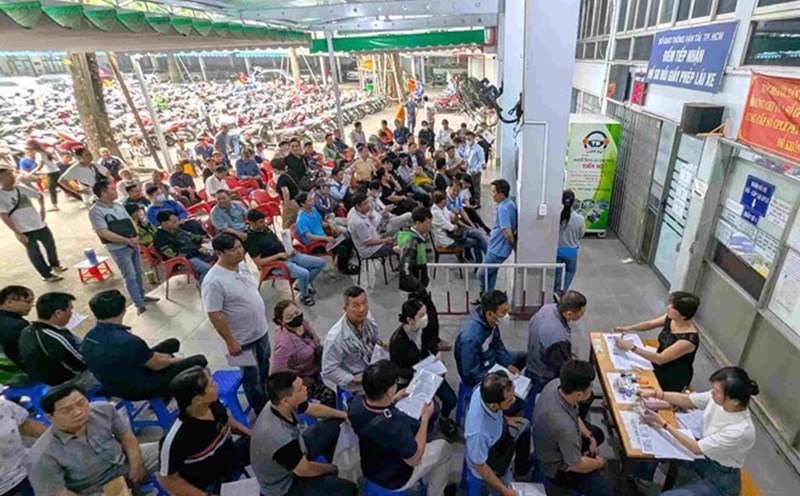According to District 5 Medical Center (HCMC), tomatoes contain 95% water, the remaining 5% is mainly carbohydrates and fiber. Each 100g of raw tomatoes includes 18 kcal, 0.9g protein, 3.9g carbs, 2.6g sugar, 1.2g fiber, 0.2g fat...
In addition, tomatoes are rich in vitamin A, vitamin C, vitamin K, vitamin B6, folate and thiamine, potassium, manganese, magnesium, calcium, phosphorus, copper, fiber and protein.
Because they contain many nutrients and easy-to-eat flavors, tomatoes can be used in many different ways such as eating raw or cooked. Tomatoes are also an ingredient in many stir-fried, cooked dishes, sauces, salads...

In Chinese medicine, tomatoes are sweet and sour, slightly chilly, added to the menstrual cup, tofu and flavor. Tomatoes have the effect of curing dry mouth and thirst, often used in cases of thirst due to heat, high blood pressure, bottom-eyed bleeding (due to arteriosclerosis)...
Tomatoes are rich in vitamin C and lycopene - a powerful antioxidant. These substances help protect liver cells from the harmful effects of free radicals and support the body in eliminating toxins and metabolized products.
However, people with conditions such as acid reflux, gastroesophageal reflux, irritable bowel syndrome, etc. should not eat tomatoes because they can make symptoms worse. In particular, people with kidney disease should not eat tomatoes.
According to a report published by the US Department of Health and Human Services, people with chronic kidney disease should limit their potassium intake. However, this is a mineral that is abundant in tomatoes. Therefore, people with kidney disease should avoid tomatoes, tomato sauce or anything made from tomatoes.
In addition, tomato sauce is also rich in oxalates, a natural substance that can contribute to the formation of kidney stones in sensitive people. Therefore, people with a history of kidney stones or at risk of developing them should limit their intake of tomatoes.









